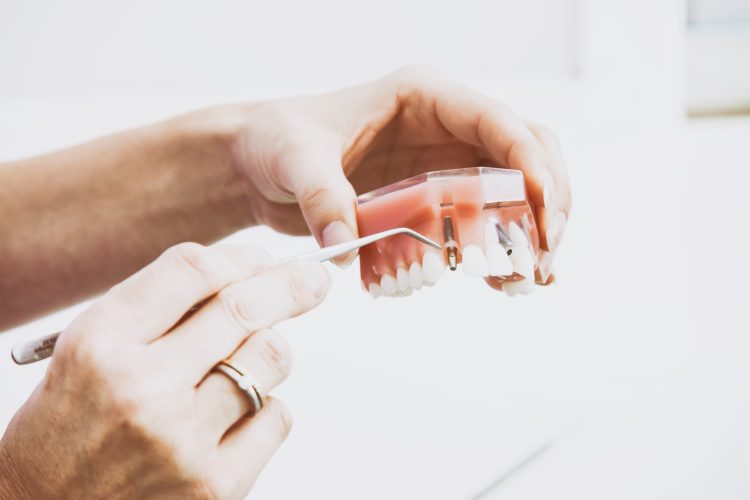Why Can’t I Have a Filling Instead of a Crown?

If your dentist has told you that you need a crown, it is easy to question why a filling can’t be done instead. Fillings are less invasive, more affordable, and require only one visit—naturally, all patients would prefer them to crowns. But there are some instances in which a filling is not a viable option for restoring a tooth—this is where dental crowns come in. Unlike fillings, which are confined within a tooth, crowns cover the entire surface of a tooth, strengthening it and protecting it from decay and fracture. Here are three cases in which a crown is required as opposed to a filling.
Your Tooth Has Broken
If your tooth has broken such that a large portion of it is missing, a crown will often be indicated instead of a filling. This is due to the fact that fillings require a certain amount of healthy tooth structure in order to hold them in place. When there is inadequate tooth to mechanically retain a filling, crowns are used instead. In addition, broken teeth are inherently more likely to break again. Crowns protect against this possibility far better than fillings.
Your Tooth Has a Large Crack In It
Cracked teeth are often susceptible to cold and hot sensitivity as well as pain when biting or chewing. Some cracks can be repaired with fillings, but larger ones are more adequately treated with crowns. The goal in treating a cracked tooth is to drill through the crack until solid tooth structure is reached. If the crack is extensive or deep within the tooth, a crown is more capable of protecting it over the long term.
Your Tooth Has Had a Root Canal
In almost every case, teeth that have had root canals should have crowns placed on them as a final restorative measure. The very act of performing a root canal results in the loss of internal tooth structure, weakening the tooth from within. By crowning the tooth, it is not only strengthened and protected from fracture, it is sealed against future bacterial infections.
If your dentist has recommended a crown, rest assured that it is probably the best treatment for your situation. One of the benefits of dental crowns is that they are generally very long-lived, meaning your tooth should remain healthy and strong for years to come.



No Comment